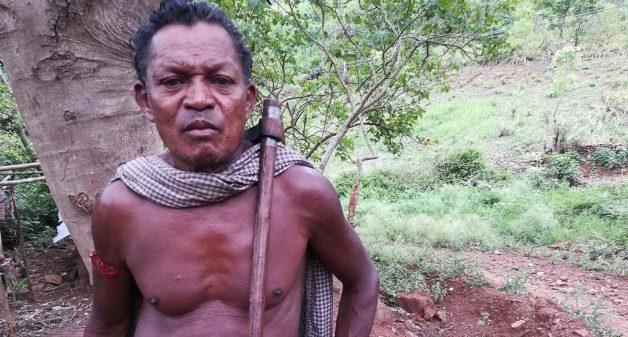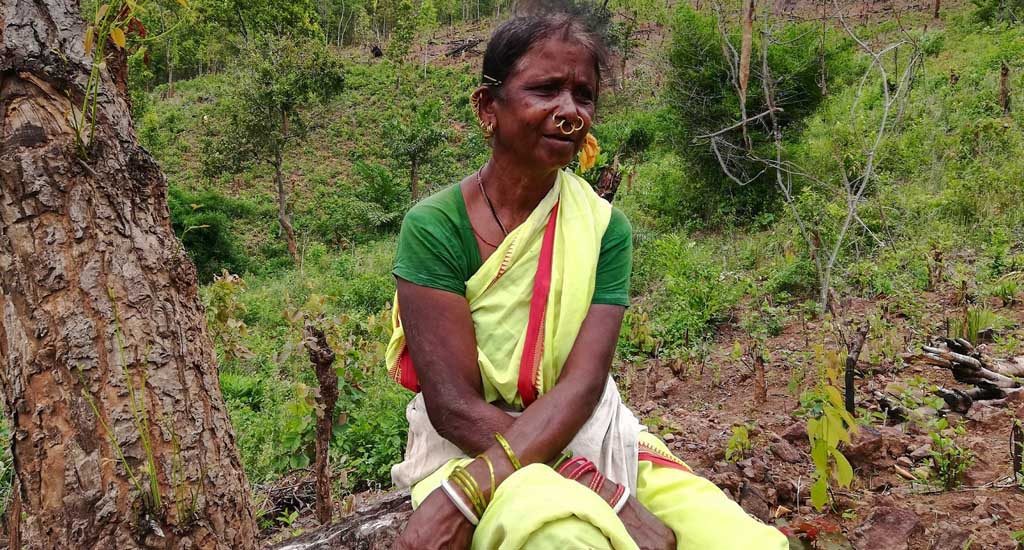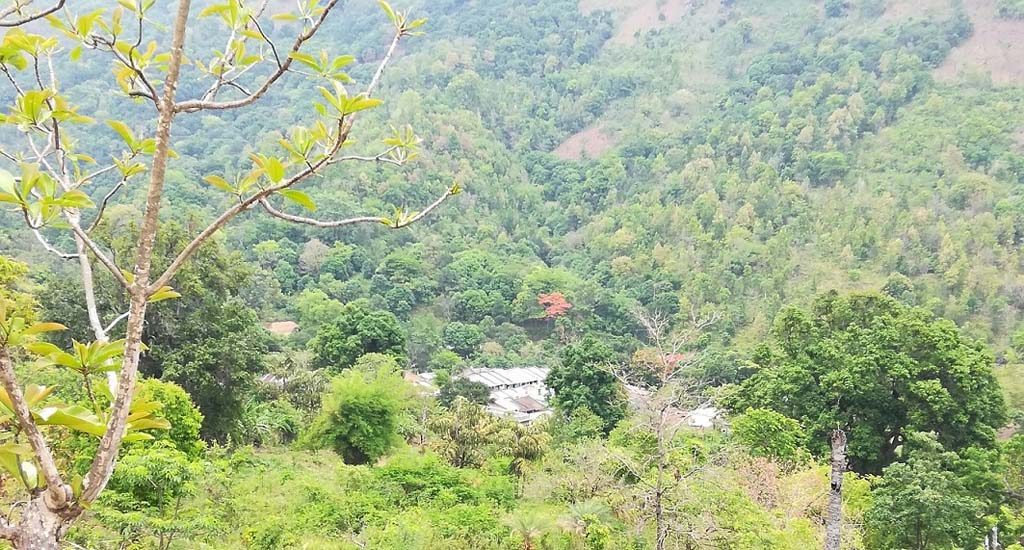
Dongria Kondhs struggle to sell forest produce during lockdown
As the peak harvest season of minor forest produce coincides with the lockdown period, the tribes of Niyamgiri Hills struggle to sustain their forest-based livelihood

As the peak harvest season of minor forest produce coincides with the lockdown period, the tribes of Niyamgiri Hills struggle to sustain their forest-based livelihood
The impact of pandemic COVID-19 among the tribal communities in India has been catastrophic. The Dongria Kondh tribes, one of the 75 particularly vulnerable tribal groups found in the Niyamgiri hills that straddle Rayagada and Kalahandi districts of Odisha, are not an exception.
Apart from practicing subsistence agriculture, collection and selling of minor forest produce (MFP) is their main source of livelihood. But the prolonged lockdown has disrupted their vital income from MFP, thus adversely affecting their livelihood.
Forest-based livelihood
Dongria Kondhs practice rain-fed farming. They grow millets, pulses, rice and vegetables. Most of what they farm are for their own consumption. They spend the period after harvest in preparing soil, tilling, etc. When the rainy season starts in June – July, the land is ready.
The tribes collect minor forest produce from March to June, the peak season for harvesting forest produce. They collect seeds and leaves of siyali (Bauhinia sp.), harada or myrobalan (Terminalia chebula), bahada (Terminalia bellirica), Indian gooseberry, tamarind and kendu leaf (Diospyros melanoxylon).
While siyali leaves are used to make plates, harada is used to cure skin disorders and allergies. Bahada is a medicinal plant, the fruits of which have good anti-bacterial properties and are used to cure infections. Kendu leaf is used for rolling beedis.
Each household earns about Rs 4,000 to Rs 6,000 per month between March and June, by selling the produce. They sell the MFP in weekly markets in nearby places such as Chatikana. With the money earned from MFP, they buy livestock, and farm inputs for the next season. They also repair the house before the onset of monsoon.
Livelihood loss
“Earning even one rupee is difficult,” said Sindhe Wadaka (47), a Dongria Kondh woman from Khajuri village in Kurli panchayat of Bissamcuttack administrative block in Rayagada district.“We had harvested plenty of harada and bahada. But we did not find any buyers. All our harvests have been wasted.”

“Forest produce are remaining on the trees. We are in deep distress,” Sindhe Wadaka told VillageSquare.in. “Neither are traders coming to our village nor are we permitted to go to the foothill of Niyamgiri to sell the produce. We don’t know what to do next.”
Shyam Wadaka (46) from Khajuri village has similar woes. “We have collected siyali leaves, siyali seeds, harada, bahada and amla. But there is no one to buy these from us,” he told VillageSquare.in. “We can’t go to Chatikana market, and so we are unable to sell our produce and earn something.”
Inadequate support
The situation that Sindhe Wadaka and Shyam Wadaka are in mirror the plight of hundreds of Dongria Kondh tribal people who are struggling to sustain their farm and forest-based livelihood amidst the prolonged lockdown caused by COVID-19 pandemic.
The local community find the government support inadequate. “Government has given us rice for three months. It’s not sufficient for us. We have children. We are not able to earn anything now,” Ganga Kadraka (39), from Khajuri village, told VillageSquare.in.
There are many reasons why the tribes find the assistance given by government meager. “Government has not given us any grocery items apart from rice. We cannot eat rice alone. We need something like dal or curry to eat along with the rice,” said Govardhan Wadaka (30).
“We are pleading with the government to provide urgent assistance,” said Govardhan Wadaka. The villagers are asking that the government provides other food items such as pulses and millets, in addition to rice, supplied through the public distribution system.
Failed agriculture
To make the situation worse, farming has not been that successful in Niyamgiri in the last few years. According to the villagers, earlier, farming was promising, with bumper yields. After setting aside produce for household consumption, they sold the surplus at the local weekly markets.

“This year, the arhar crop has failed. Though the plants survived, the flowers fell prematurely,” said Sindhe Wadaka, referring to her red gram crop. Earlier, we hardly bought our foods. Rather, we used to sell our harvests at the local markets. But this year, whatever we had cultivated on our land was futile.”
Incessant rainfall is also affecting the crops in Niyamgiri. “The rain is damaging our kosala crop. Sometime the rainfall is too much and sometime there is too much of sun. It seems we will lose our kosala crop also this year. We are in deep trouble,” said Shinde Wadaka.
Sale of produce
“How can we sell our turmeric, pineapple, ginger, jackfruit and siyali leaves,” said Krushna Wadaka (55) from Kadraguma village. “We have harada, bahada and amla. We are not able to go to the Chatikana market to sell them.”
The central government has fixed minimum support price (MSP) for 49 minor forest produce. Odisha government has sought an increase in MSP for 16 of these produce, as the market price is more than the MSP fixed by the center. The state government has also sought inclusion of five new produce to the list.
“Forest-dwelling communities across India are finding it extremely difficult to sell their MFP amidst the lockdown,” Susant Kumar Dalai, a development practitioner working with the Dongria Kondhs in Niyamgiri, told VillageSquare.in. “The government should expedite the procurement of MFP from these communities.”
Abhijit Mohanty is a Delhi-based development professional. He has worked extensively with the indigenous communities in India and Cameroon. Views are personal.